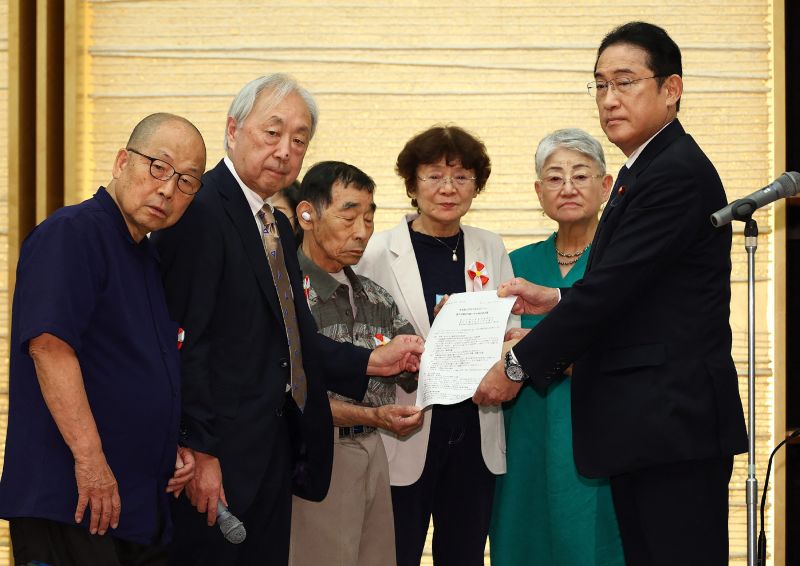
Japanese Prime Minister Expresses Regret for Forced Sterilization under Outdated Eugenics Law
Japan’s Prime Minister, Fumio Kishida, recently issued a formal apology to the thousands of individuals who were forcibly sterilized under the now-defunct Eugenics Protection Law.
For many years, Japan operated under a law that allowed for the sterilization of individuals with disabilities and other perceived genetic disorders. This law, commonly known as the Eugenics Protection Law, was in effect from 1948 to 1996 and was a means to prevent the birth of poor-quality descendants. Approximately 25,000 people were forcibly sterilized under the guise of this law before it was finally annulled.
Prime Minister Kishida acknowledged the immense suffering caused by this law. Through reflecting on Japan’s past, I would like to express my deep remorse and heartfelt apology to those who were subjected to forced sterilization under the Eugenics Protection Law, Kishida was quoted as saying.
This apology follows a pivotal 2019 ruling in which a Japanese court stated that forced sterilization under the now-repealed law was unconstitutional. Kishida’s government subsequently established a compensation scheme for victims, allowing them to apply for a lump-sum payment of 3.2 million yen (around $29,000).
However, obstacles remain for many victims, especially those with mental disabilities who may find it difficult to file compensation claims due to complex procedures and demanding documentation requirements. They typically need a certificate to prove sterilization, but many victims lost these certificates due to decades-long passage since the procedure.
Notwithstanding, Kishida’s national apology marks a significant step towards recognizing and rectifying this dark episode in the country’s history. More than two decades after the nullification of the eugenics law, the process of repairing its damage continues to be both complicated and sensitive.
In many countries, including Japan, eugenics has been a dark chapter where the rights to reproductive freedom and informed consent were blatantly violated. What this dark past has taught us is the importance of upholding human dignity and rights, regardless of physical, mental, or genetic characteristics.
This apology represents Japan’s ongoing efforts to make amends for those sufferings that stemmed from a misguided and harmful policy. As Japan moves forward, efforts like these will play a significant role in ensuring such a sorry chapter in the country’s history is never repeated.
The prime minister’s apology is a reminder for us all to make sure our societies are more inclusive and compassionate. It also underscores the importance of pursuing policies that uphold, not undermine, every individual’s basic rights. This acknowledgment itself can pave the way for healing and closure for many of the victims who suffered under the now repealed eugenic law.
